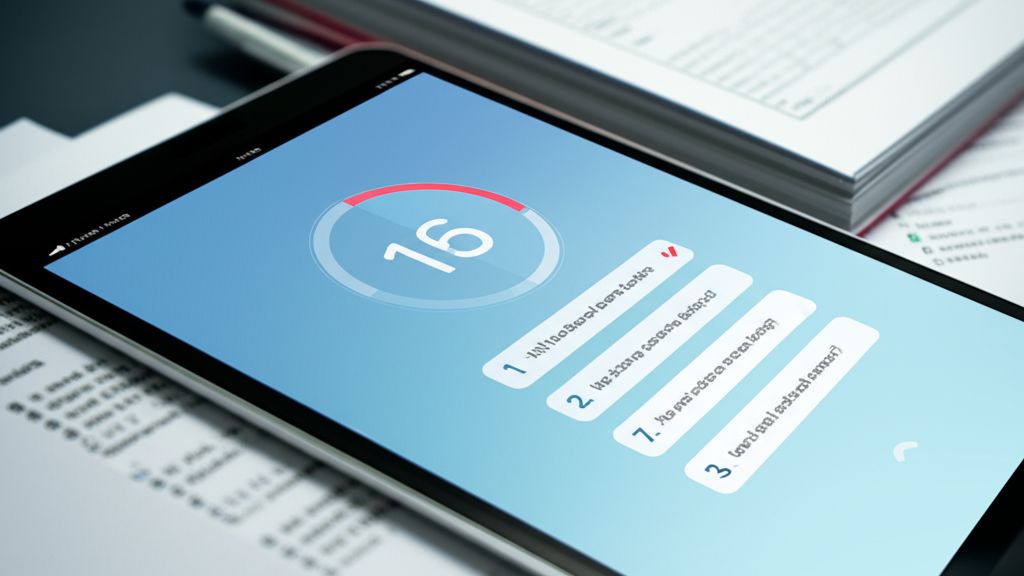
Will Traditional Exams Survive the EdTech Boom?
The world of education is undergoing a seismic shift, fueled by the relentless march of technology. From interactive simulations to AI-powered learning platforms, EdTech is transforming how we learn and, consequently, how we assess knowledge. But where does this leave traditional exams? Are they destined to become relics of the past, or can they adapt and thrive in this brave new world?
The Rise of EdTech and its Impact on Assessment
EdTech offers a plethora of innovative assessment methods that go beyond the limitations of traditional exams. These include:
- Adaptive Quizzes: Platforms like Kwizy use AI to tailor the difficulty of questions based on a student’s performance. This provides a personalized assessment experience that accurately gauges understanding.
- Project-Based Assessments: Instead of simply memorizing facts, students apply their knowledge to real-world scenarios, fostering critical thinking and problem-solving skills.
- Gamified Learning: Turning assessments into games can increase engagement and motivation, making the learning process more enjoyable and effective.
- Continuous Assessment: Regular, low-stakes assessments provide ongoing feedback and help students identify areas where they need improvement.
These methods offer several advantages over traditional exams:
- More Comprehensive Evaluation: EdTech can assess a wider range of skills, including creativity, collaboration, and critical thinking.
- Personalized Learning: Adaptive assessments cater to individual learning styles and paces.
- Real-Time Feedback: Students receive immediate feedback, allowing them to address knowledge gaps promptly.
- Increased Engagement: Interactive and gamified assessments make learning more enjoyable and motivating.
The Enduring Value of Traditional Exams
Despite the advantages of EdTech-driven assessments, traditional exams still hold significant value:
- Standardization: Exams provide a standardized measure of knowledge, allowing for fair comparisons across different individuals and institutions.
- Efficiency: Exams can efficiently assess a large amount of content in a relatively short period.
- Accessibility: Exams are relatively easy to administer and proctor, making them accessible in various settings.
- Familiarity: Students are generally familiar with the format of traditional exams, reducing anxiety and uncertainty.
A Hybrid Approach: The Future of Assessment
The most likely scenario is not the complete disappearance of traditional exams but rather a hybrid approach that combines the best of both worlds. This could involve:
- Using EdTech to Supplement Traditional Exams: Platforms like Kwizy can be used to provide practice quizzes, identify areas of weakness, and offer personalized feedback to help students prepare for exams.
- Integrating Technology into Exams: Exams can be administered online, allowing for automated grading and faster feedback. Technology can also be used to enhance security and prevent cheating.
- Developing New Assessment Methods: Educators and EdTech developers can collaborate to create innovative assessment methods that leverage the power of technology while maintaining the rigor and validity of traditional exams.
Conclusion
Traditional exams are not going away anytime soon, but they must evolve to remain relevant in the age of EdTech. By embracing technology and integrating it into the assessment process, we can create a more comprehensive, personalized, and engaging learning experience for all students. The future of assessment lies in a hybrid approach that combines the enduring value of traditional exams with the innovative possibilities of EdTech.